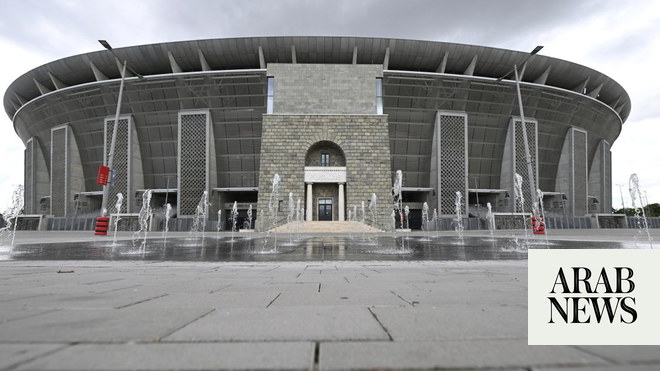
Lebanon’s cabinet delayed until Friday its last session on the 2019 draft budget, a minister said, pushing back a critical meeting to finalize plans for cutting the deficit.
Lebanon has one of the heaviest public debt burdens in the world, and long-stalled reforms are seen as more pressing than ever after years of low economic growth.
President Michel Aoun, in a speech late on Tuesday, urged the Lebanese to end protests and make sacrifices to rescue the country from economic and financial crisis.
Prime Minister Saad Hariri has said this may be the most austere budget in Lebanon’s history.
Ministers who convened on Wednesday afternoon had been due to meet again at night to agree the budget before sending it to parliament for approval.
“There will be no second session tonight,” Health Minister Jamil Jabak told reporters at the Grand Serail, the government headquarters in Beirut.
Parliament Speaker Nabih Berri called for speeding up efforts to complete the budget, lawmakers from his Amal Party cited him as saying after a meeting.
Lebanon has promised donors to slash public spending as part of reforms to unlock $11 billion in aid pledged at a conference in Paris last year.
Growth in Lebanon has plummeted in the wake of endless political deadlocks in recent years, compounded by the 2011 breakout of war in neighboring Syria.
The country has been racking up public debt since the end of its 1975-1990 civil war, which now stands at 152 percent of gross domestic product (GDP), according to the finance ministry. Eighty percent of that debt is owed to Lebanons central bank and local banks.
Lebanons government is under pressure from all sides, said Nassib Ghobril, head of the economic research at Byblos Bank.
At home, "the pressure comes from the Lebanese citizen who sees job opportunities and the economy are in decline", a private sector suffering from cost increases, and a banking sector weighed down by having to fund the public sector, he explained.
And the cabinet has to meet the expectations of "countries and institutions" who have promised billions in aid, he said.
Despite previous promises of reform, Lebanese have continued to complain of unemployment, poor infrastructure, and dire public services including an ageing electricity grid plagued by frequent power cuts.
More than a quarter of all Lebanese live in poverty, according to World Bank figures.
At the Paris conference, Lebanon committed to gradually reducing its public deficit over five years, but appears to have missed the mark for 2018.
The World Bank estimates the public deficit reached 11.5 percent of GDP for that year, above the figures for previous years.
As the cabinet mulls how to cut expenses in 2019, Lebanese public employees are warning their benefits are a red line.
For the first time in the countrys history, a strike by central bank employees briefly crippled the countrys stock exchange earlier this month.
Also clamoring against austerity measures that would affect them are army pensioners, port workers, public university staff, and employees of the national electricity company.
"Were against any measure that will affect disadvantaged sections of the population," Lebanons labor union chief Beshara Asmar told AFP.
"If the government does not take note of the remarks we have submitted to it... the budget will lead to social upheaval," he warned.
So far, to decrease the public deficit, the cabinet has announced it will increase taxes on interest income from bank deposits from seven to 10 percent.
The government is also expected to slash salaries and freeze recruitment in the public sector.
But Ghobril said measures like raising taxes showed "a lack of seriousness in finding sources of revenue"
Instead, he suggested tackling rampant tax evasion, and chasing up unpaid utility bills.
The state should also fight smuggling to increase custom revenues, and make sure influential businessman who have built illegally on state-owned land along the coast actually pay fines.
"Around 50 percent of individuals and companies in Lebanon do not declare all taxes" they should pay, Ghobril said.











